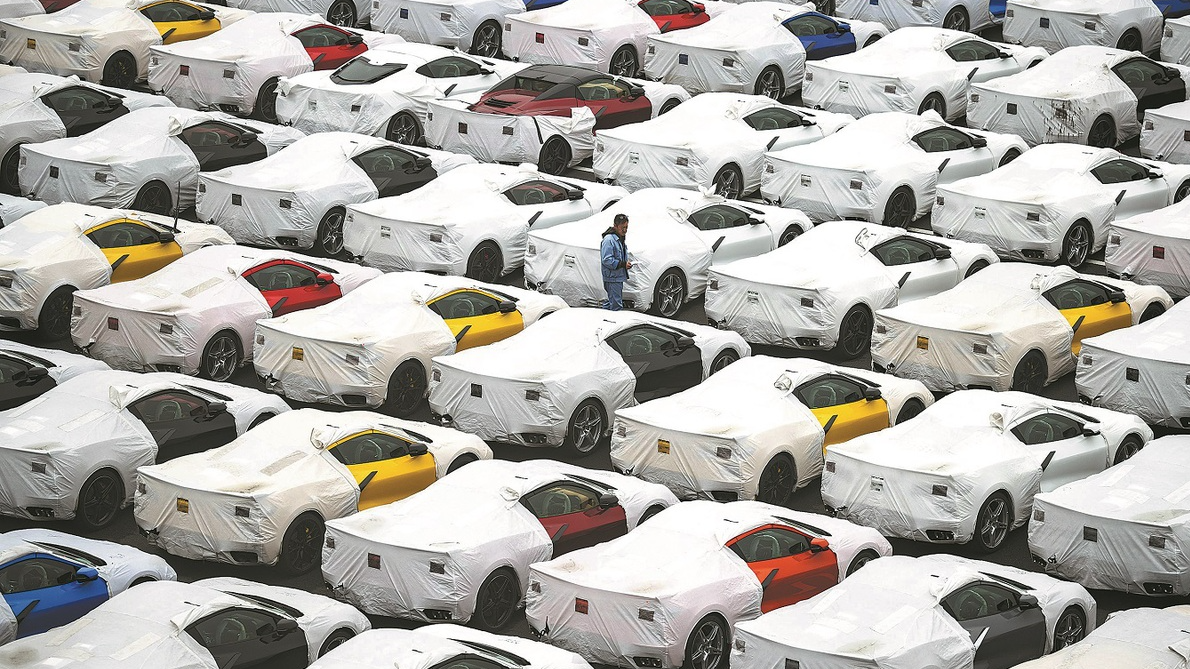
TOKYO - Japan's government said on Monday that the economy was recovering moderately but that impact from US trade policies was particularly evident in the auto industry.
Although Tokyo upgraded its views on private expenditure and capital spending, it cautioned about potential downside risks to the economic outlook from Washington's trade policies.
Japan's economy grew faster than expected in April-June, its fifth straight quarter of expansion. But US tariffs and domestic political uncertainty could complicate policymaking ahead of the Liberal Democratic Party's leadership election in early October to replace outgoing Prime Minister Shigeru Ishiba.
ALSO READ: Japan says US confirmed car tariff cuts and end to stacking
"The Japanese economy is recovering moderately although the impact from the US trade policies is seen mainly in the auto industry," the Cabinet Office said in its monthly report issued on Monday.
The US agreed to a 15 percent tariff rate on Japanese imports when Washington and Tokyo reached a deal in July, less than the initial 27.5 percent it had threatened on autos and 25 percent for most other goods. But the impact is seen as significant, especially for the auto industry, because the duties are still much higher than their previous rate of 2.5 percent.
READ MORE: Japanese PM vows to protect national interests in US tariff talks
In the latest economic report, the government raised its assessment of consumer spending for the first time since August 2024.
With consumer sentiment improving after the US tariff agreement, Japan's private consumption, which accounts for more than half of the economy, showed "signs of picking up", the report said.
Japan sees capital spending was "recovering moderately" thanks to an increase in digital investment and machinery equipment, the report said. It was the first upgrade since March 2024.
The report follows the Bank of Japan decision to start selling its holdings of risky assets and two board members dissented from the bank's decision to keep interest rate steady, signalling a hawkish shift from its massive monetary stimulus.


